IT is reported that Umar Bin Al-Khattab رضي الله عنه once came out and saw a traveling party and asked, “Who is this traveling party?” They replied, “Pilgrims (on Hajj).” He asked them three times, “And nothing else has brought you forth?” They replied, “Nothing else.” He said, “If the travelers (on Hajj) knew who they were coming to, they would feel the delight of having great virtue after forgiveness (from Allah). By He in whose hand is Umar’s soul, never does (the pilgrim’s) camel raise its hoof and place it back down except that Allah raises (the pilgrim) in rank, forgives one of his sins and writes for him a good deed.” (Al-Musannaf, 5:4,5)
There are many stories of the our righteous predecessors and their successors (Tabi’oon) who were constantly conscious of the magnitude of Hajj, and its implications for their worldly life and the Hereafter.
* The Companion Hakim Bin Hizam رضس الله عنه used to stand in Arafat bringing 100 camels and 100 slaves. Once there, he would set free the slaves for the sake of Allah causing the people gathered there to take lessons from his act of piety and increase their du’a saying, “O Allah! Your slave has freed his slaves, and we too are Your slaves, so free us (from the Hellfire).”
* Al-Fudhayl Bin Iyadh رحمه الله saw the supplications of people and their weeping on the night of Arafat and asked the crowds, “If these people went to a man and asked him for a Daaniq (a very small amount of money), would he refuse?” The people said, “No.” He said, “The forgiveness of Allah is even easier to obtain than that.”
* Abdullah Bin Al-Mubarak رحمه الله said that he went to Sufyan Ath-Thawri رحمه الله on the night of Arafat and he was kneeling down and crying. He asked him (Sufyan), “Who is the worst person in this gathering?” He said, “He who thinks Allah will not forgive him.”
* Al-Hussain Bin Al-Hasan Al-Maruzi asked Sufyan Bin Uyainah, “What is the best supplication for the Day of Arafah?” He said, “La ilaha illAllahu wahdahu la sharika lahu.” He narrates: “I said, ‘But this is glorification of Allah and His praise, and it is not a du’a.” Thereupon Sufyan said, “Don’t you know the hadith of Malik Bin Al-Harith which explains it?” I said to him, “Tell me about it.”
He said, “Mansur narrated from Malik Bin Al-Harith that he said Allah The Almighty, says: ‘If a servant of Mine occupies himself in extolling and praising Me instead of asking Me for his needs I give him better than what I give to those who ask for their needs.’” Then he added, “This explains the saying of the Prophet ﷺ.”
Our predecessors realized the magnitude of their journey, remained focused on its purpose, reminded each other and encouraged those in their company towards acts of worship and righteousness. As a result they went back with more than just memories, and went on to live and teach others by the benefits and blessings they had witnessed and gained during the Hajj.
Limited free articles. Subscribe for full access.

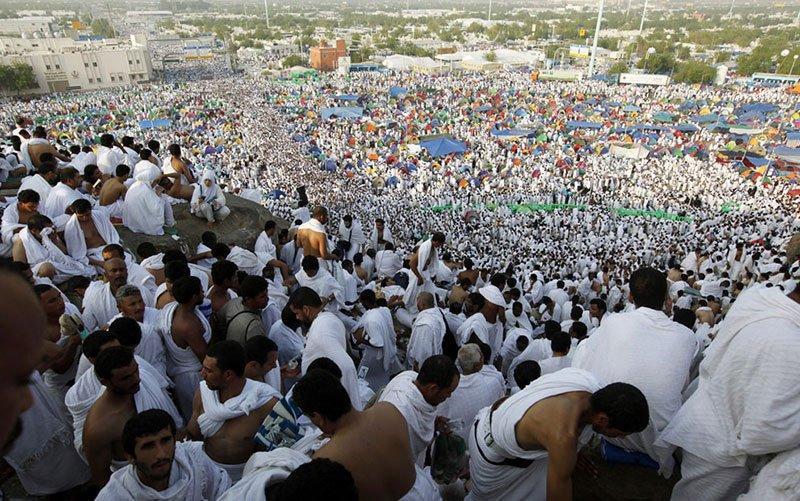
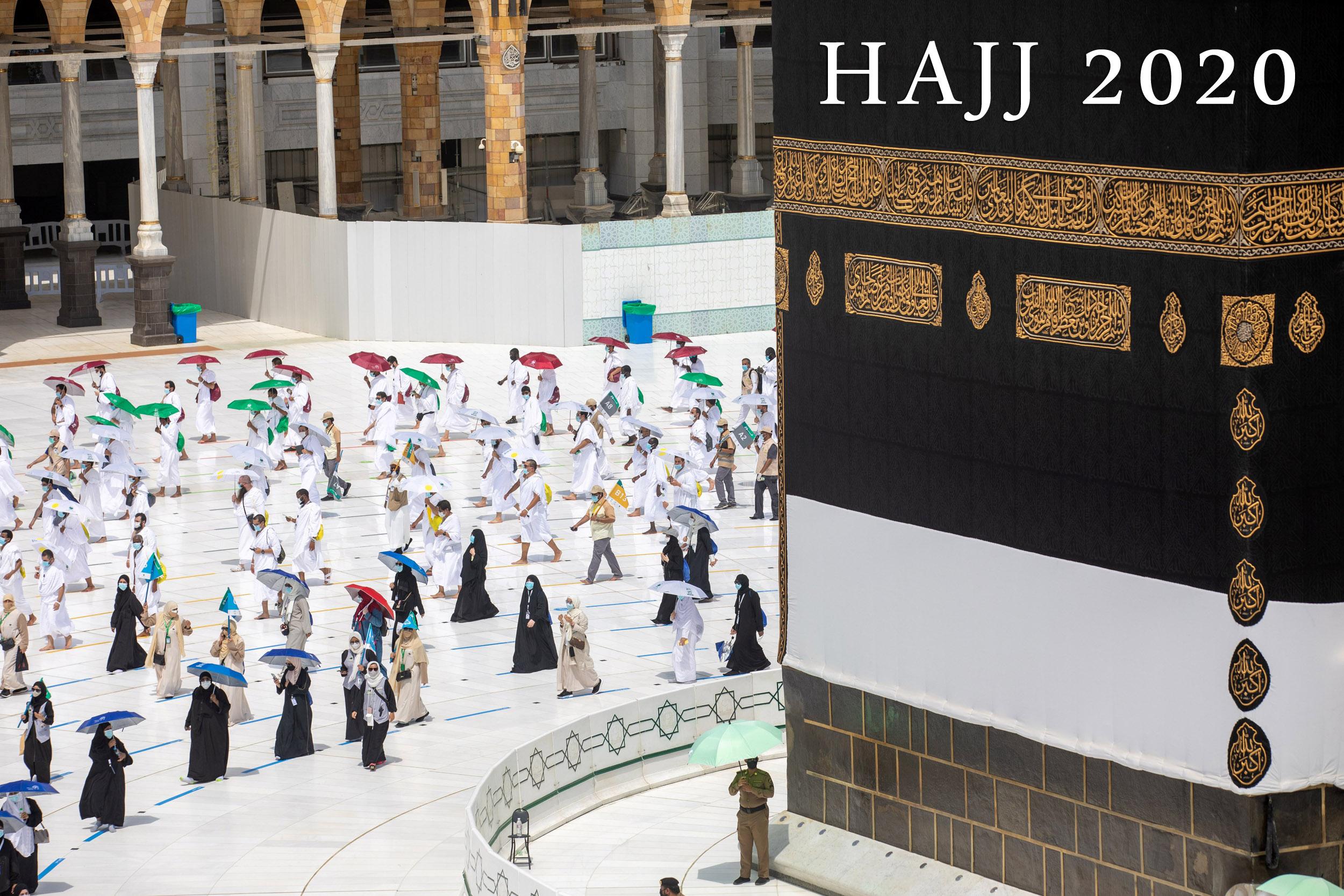
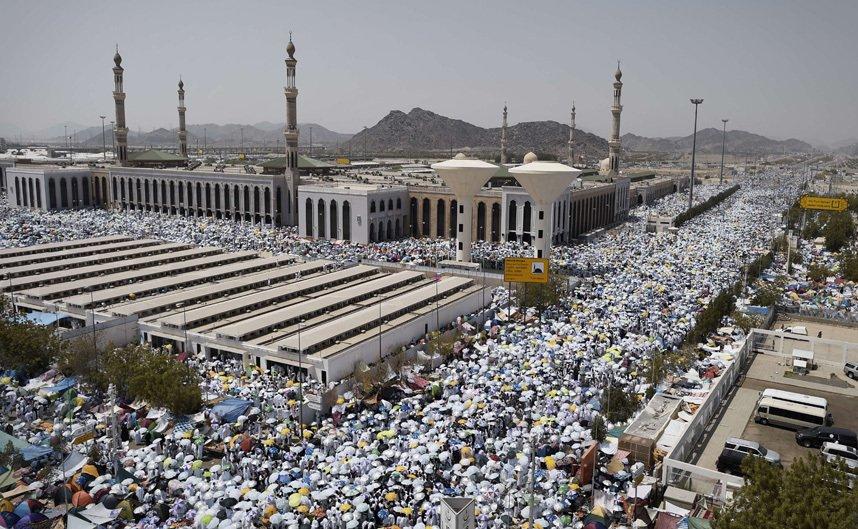
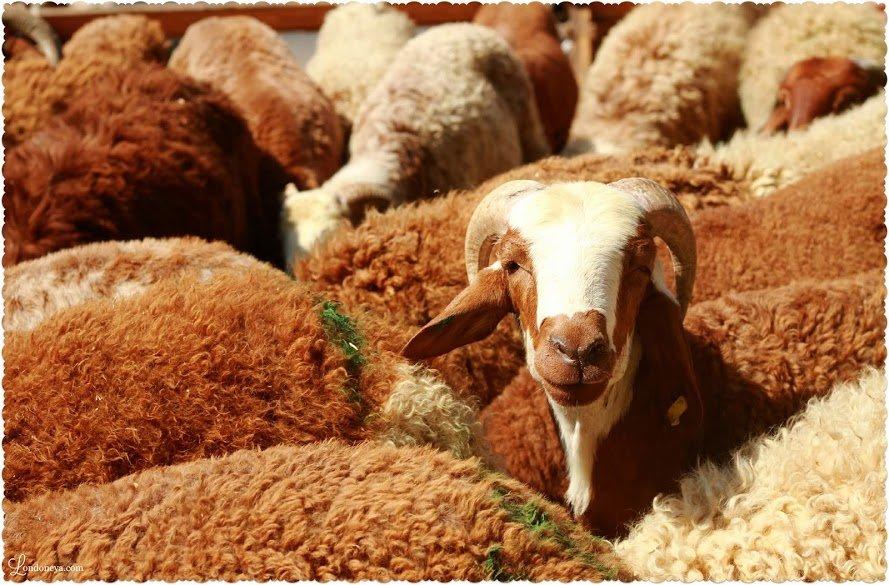
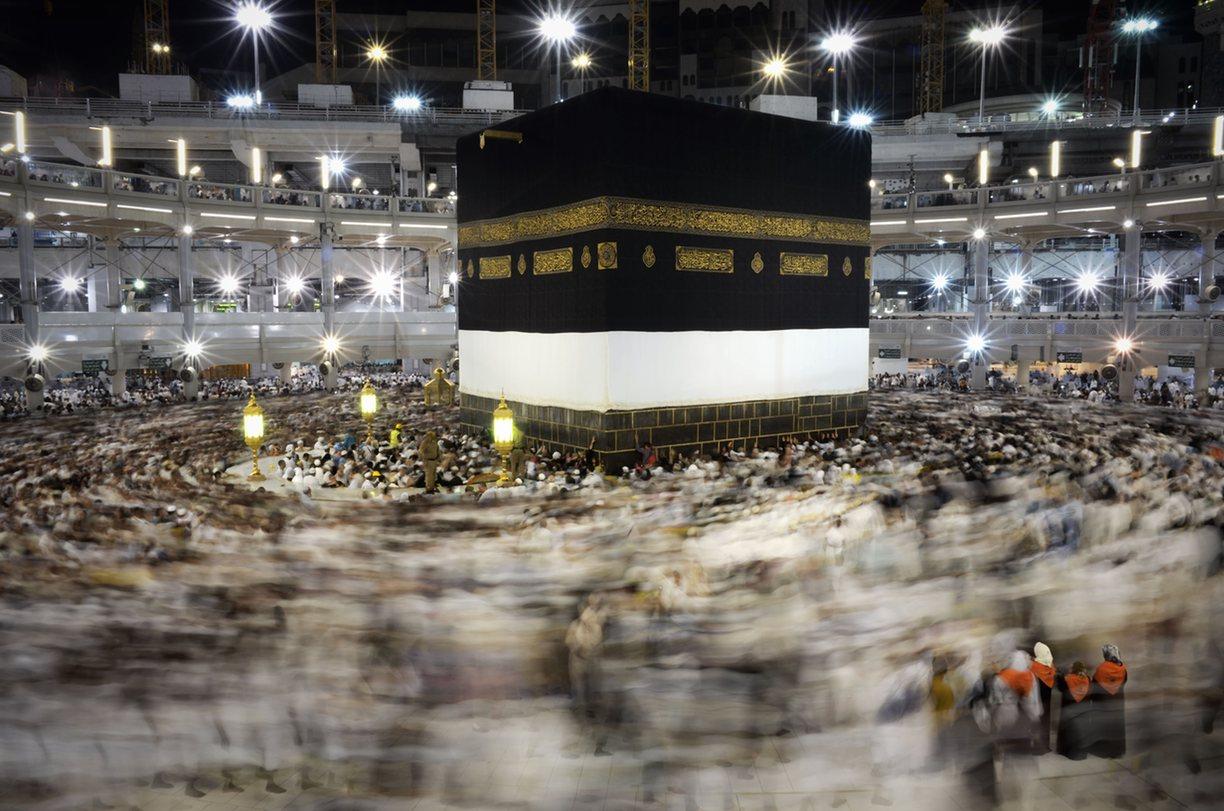
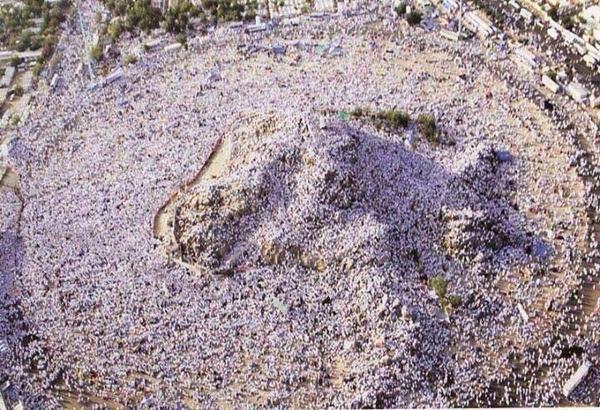

 Dr. Bilal Philips
Dr. Bilal Philips